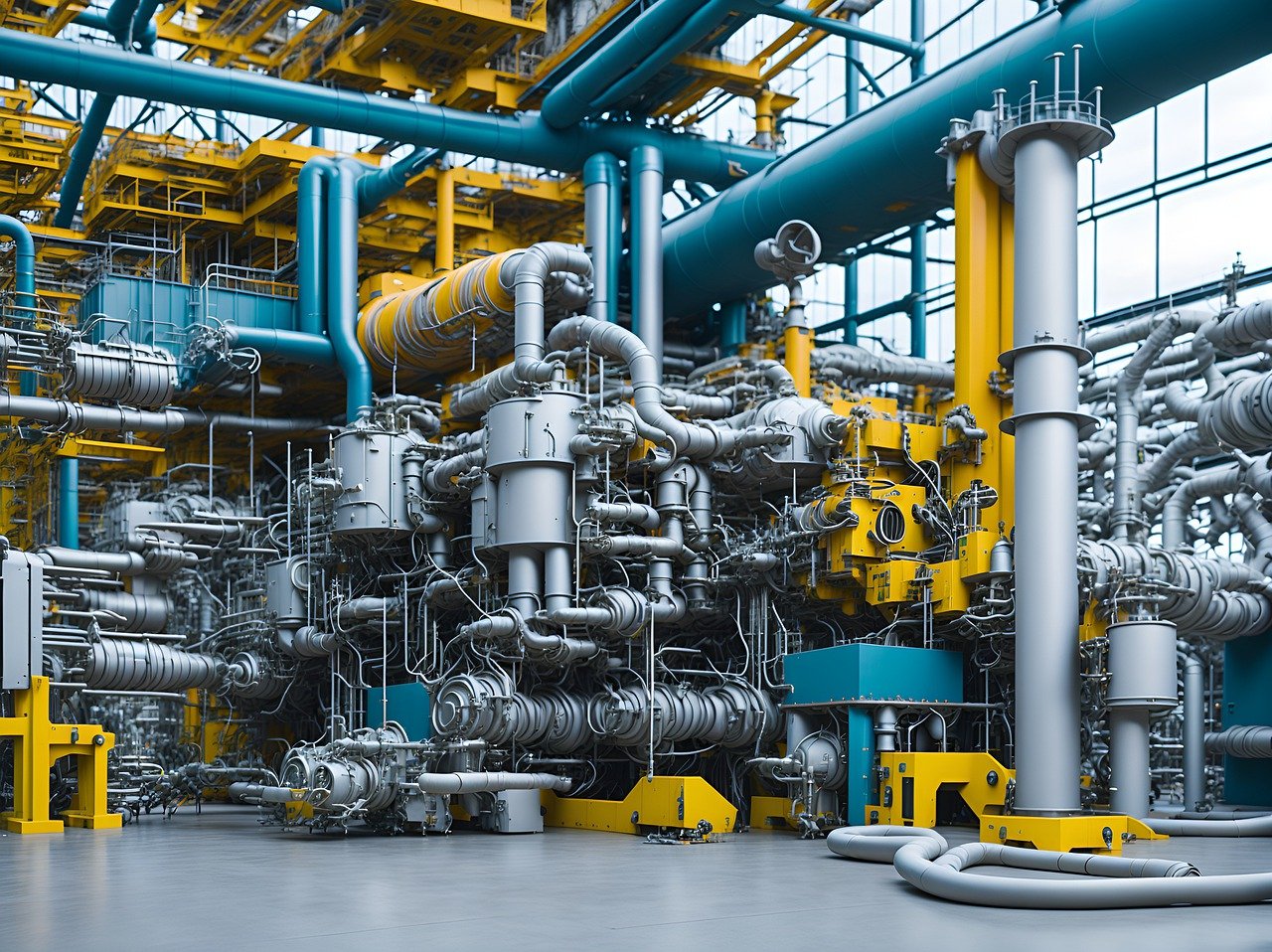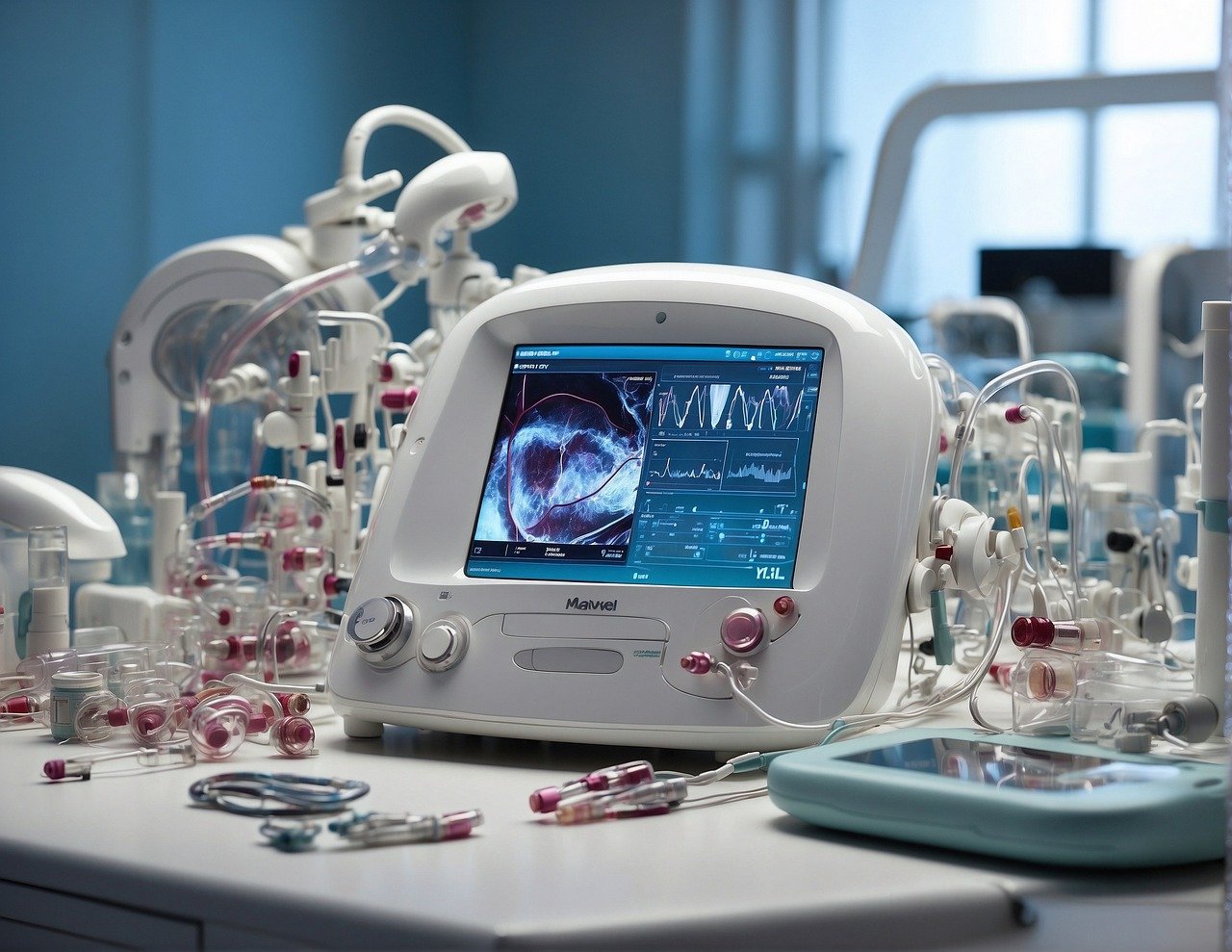The Future of Manufacturing: Career Opportunities in South Korea
As the global economy continues to evolve, the manufacturing sector is undergoing a significant transformation. South Korea, known for its technological advancements and robust industrial base, is at the forefront of this change. With the rise of automation, artificial intelligence, and sustainable practices, the future of manufacturing in South Korea presents a wealth of career opportunities. This article explores the current landscape of manufacturing in South Korea, the emerging trends shaping the industry, and the potential career paths for individuals looking to enter this dynamic field.
The Current Landscape of Manufacturing in South Korea
South Korea has long been recognized as a manufacturing powerhouse, particularly in sectors such as electronics, automotive, and shipbuilding. According to the Ministry of Trade, Industry and Energy, manufacturing accounts for approximately 30% of the country’s GDP and employs around 4 million people. Major companies like Samsung, Hyundai, and LG have established South Korea as a global leader in innovation and production.
Key Sectors in South Korean Manufacturing
Several key sectors dominate the South Korean manufacturing landscape:
- Electronics: South Korea is home to some of the world’s largest electronics manufacturers, including Samsung and LG. The country is a leader in semiconductor production, which is crucial for various technologies.
- Automotive: The automotive industry is another cornerstone of South Korea’s manufacturing sector, with companies like Hyundai and Kia producing millions of vehicles annually.
- Shipbuilding: South Korea is one of the largest shipbuilders globally, specializing in high-tech vessels and offshore structures.
- Biotechnology: The biotech sector is rapidly growing, with South Korea investing heavily in research and development to become a leader in pharmaceuticals and medical devices.
Emerging Trends in Manufacturing
The manufacturing landscape in South Korea is evolving due to several key trends:
1. Automation and Robotics
Automation is revolutionizing the manufacturing process, leading to increased efficiency and reduced labor costs. South Korea is one of the most automated countries in the world, with a high density of industrial robots. According to the International Federation of Robotics, South Korea had 855 robots per 10,000 employees in manufacturing as of 2020, the highest rate globally.
2. Industry 4.0 and Smart Factories
The concept of Industry 4.0, characterized by the integration of IoT (Internet of Things), big data, and AI, is gaining traction in South Korea. Smart factories are becoming more prevalent, allowing for real-time monitoring and optimization of production processes. This shift is expected to create new job opportunities in data analysis, cybersecurity, and systems integration.
3. Sustainability and Green Manufacturing
As global awareness of environmental issues grows, South Korea is prioritizing sustainable manufacturing practices. The government has implemented policies to promote green technologies and reduce carbon emissions. This trend is creating demand for professionals skilled in sustainable practices, renewable energy, and environmental management.
4. Reshoring and Localization
In response to global supply chain disruptions, many South Korean companies are reshoring their manufacturing operations. This trend is expected to create job opportunities in logistics, supply chain management, and local production.
Career Opportunities in South Korean Manufacturing
The evolving manufacturing landscape in South Korea presents a variety of career opportunities across different sectors. Here are some promising career paths:
1. Robotics and Automation Engineers
As automation continues to reshape the manufacturing sector, there is a growing demand for robotics and automation engineers. These professionals design, develop, and maintain robotic systems used in production processes. A strong background in engineering, programming, and robotics is essential for this role.
2. Data Analysts and Data Scientists
With the rise of smart factories and Industry 4.0, data analysts and data scientists are becoming increasingly important. These professionals analyze large datasets to optimize production processes, improve efficiency, and reduce costs. Skills in data analysis, machine learning, and statistical modeling are crucial for success in this field.
3. Supply Chain and Logistics Managers
The reshoring trend is creating a demand for supply chain and logistics managers who can oversee the movement of goods and materials. These professionals are responsible for ensuring that production runs smoothly and efficiently. Strong organizational and analytical skills are essential for this role.
4. Environmental Engineers
As sustainability becomes a priority in manufacturing, environmental engineers are needed to develop and implement eco-friendly practices. These professionals work on projects related to waste management, pollution control, and renewable energy. A background in environmental science or engineering is typically required.
5. Quality Control Specialists
Quality control specialists play a critical role in ensuring that products meet industry standards and regulations. They conduct inspections, tests, and audits to identify defects and improve production processes. Attention to detail and strong analytical skills are essential for this position.
Education and Skills Required
To succeed in the manufacturing sector in South Korea, individuals should consider pursuing relevant education and training. Here are some key areas of focus:
- Engineering: Degrees in mechanical, electrical, or industrial engineering are highly valued in the manufacturing industry.
- Computer Science: As automation and data analysis become more prevalent, a background in computer science can be beneficial.
- Environmental Science: For those interested in sustainability, degrees in environmental science or engineering are essential.
- Business Administration: Knowledge of supply chain management and logistics can be advantageous for aspiring managers.
Case Studies: Successful Manufacturing Initiatives in South Korea
Several companies in South Korea are leading the way in innovative manufacturing practices:
1. Samsung Electronics
Samsung Electronics has embraced automation and smart manufacturing technologies to enhance productivity. The company has invested heavily in AI and IoT to optimize its production processes, resulting in significant cost savings and improved product quality.
2. Hyundai Motor Company
Hyundai has implemented advanced robotics in its manufacturing plants, allowing for greater efficiency and flexibility in production. The company is also focusing on electric vehicle production, aligning with global sustainability trends.
3. LG Chem
LG Chem is a leader in the chemical industry and has made significant investments in sustainable manufacturing practices. The company is committed to reducing its carbon footprint and developing eco-friendly products, creating new job opportunities in environmental management.
The Role of Government and Policy
The South Korean government plays a crucial role in shaping the future of manufacturing through policies and initiatives aimed at fostering innovation and competitiveness. Key government initiatives include:
- Investment in R&D: The government has increased funding for research and development in advanced manufacturing technologies.
- Support for Startups: Initiatives to support startups in the manufacturing sector are helping to drive innovation and create new job opportunities.
- Training Programs: The government is investing in training programs to equip the workforce with the skills needed for the future of manufacturing.
Conclusion
The future of manufacturing in South Korea is bright, with numerous career opportunities emerging as the industry adapts to new technologies and sustainability practices. As automation, smart factories, and green manufacturing become more prevalent, individuals with the right skills and education will find themselves well-positioned for success. By embracing innovation and continuous learning, the workforce can contribute to South Korea’s status as a global manufacturing leader while also addressing the challenges of the 21st century.
In summary, the manufacturing sector in South Korea is evolving rapidly, driven by technological advancements and a commitment to sustainability. The demand for skilled professionals in various fields is on the rise, making it an exciting time for those looking to build a career in this dynamic industry.
As South Korea continues to lead the way in manufacturing innovation, the opportunities for growth and development are vast. By staying informed about industry trends and investing in education and training, individuals can position themselves for a successful future in South Korea’s manufacturing sector.



